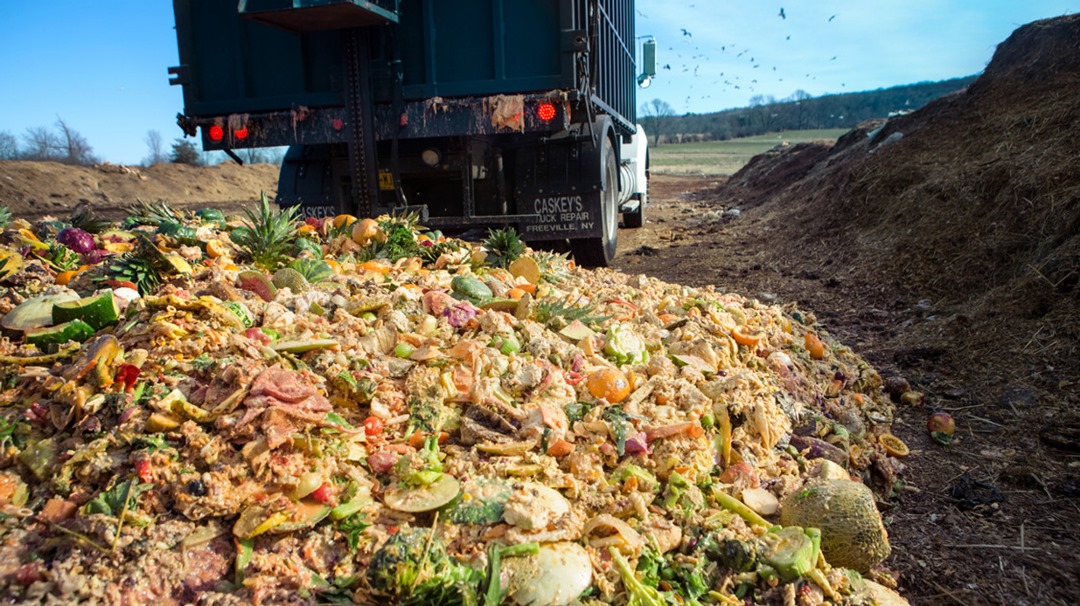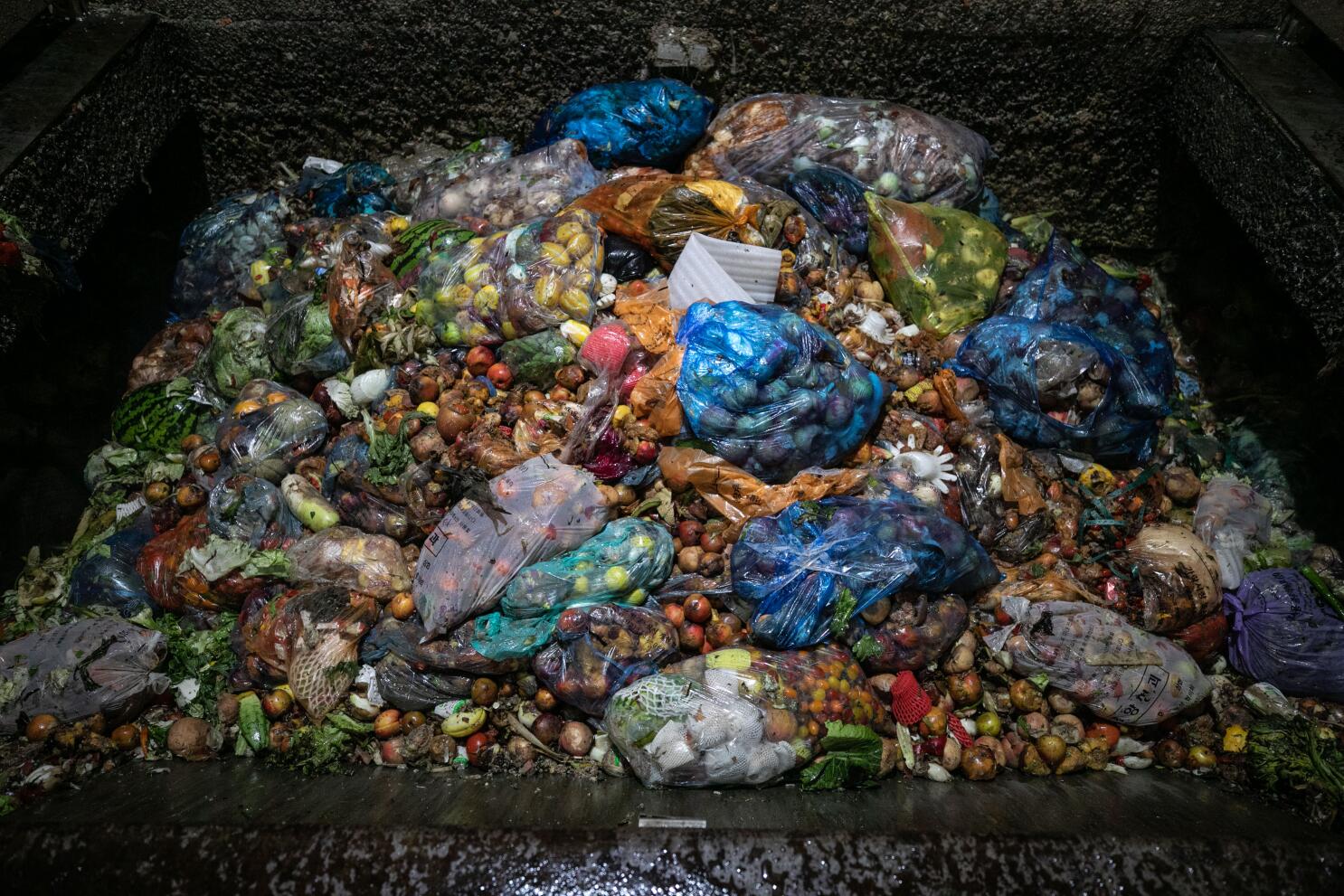INTRODUCTION TO WASTE4MEAL PROJECT
Insect Farming: A Game Changer for Food Security, Sustainable Agriculture, and Job Creation
Africa is at a crossroads, facing food insecurity, unemployment, and the burden of over 220 million tons of municipal solid waste annually—a figure set to triple by 2050. With 50–60% of this waste being organic, largely food waste, the continent has a unique opportunity: transform this crisis into a solution through Black Soldier Fly (BSF) farming.
The Waste4Meal Project pioneers this shift by using BSF to convert organic waste into high-protein animal feed. Given Africa’s dependence on expensive imported feed, BSF farming offers a sustainable, local alternative—reducing costs, conserving foreign exchange, and strengthening agriculture. Waste4Meal goes beyond waste management by empowering 50,000 Africans with training, forming skilled clusters, and expanding access to finance, markets, and technology.
Scaling insect farming can revolutionize food systems, create jobs, and build agricultural resilience. BSF farming transforms waste into wealth, secures food supply, and unlocks economic potential. As the world embraces circular economies, Africa has a golden chance to lead through insect farming.
The stakes are high: with waste expected to reach 516 million tons by 2050 and over 90% dumped uncontrollably, climate and health risks are growing. Additionally, 37% of food is lost or wasted—costing $4 billion annually and deepening reliance on imported feed. Insect farming, including BSF and crickets, offers a sustainable solution: converting organic waste into valuable protein and organic fertilizer for agriculture.
Read More


